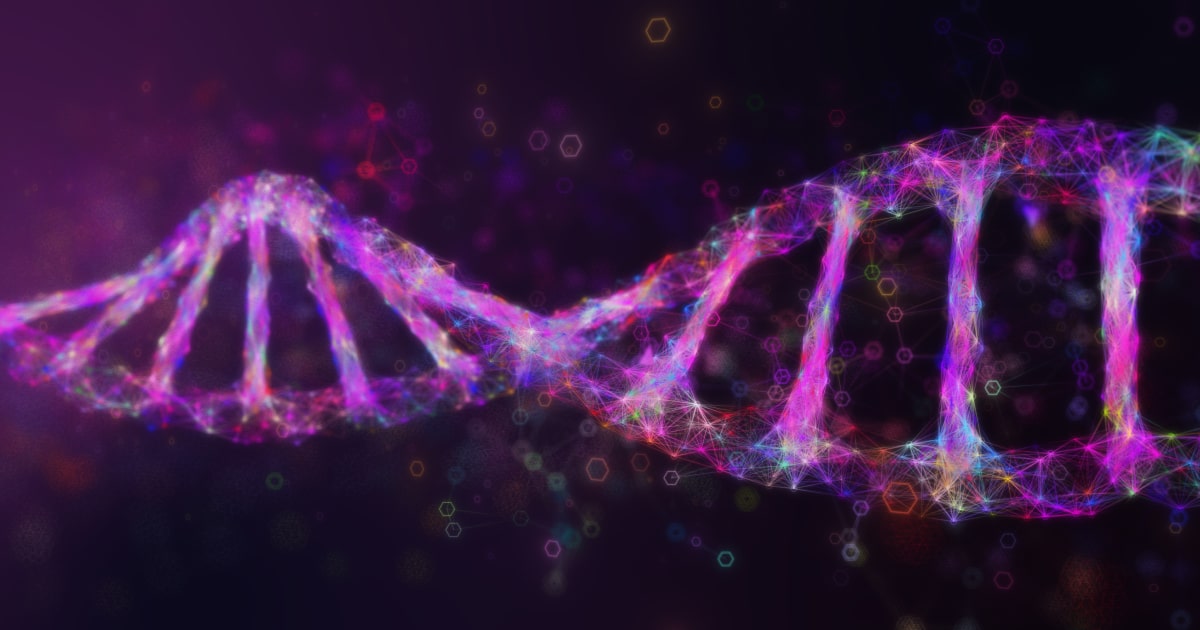
Expert Reviewed By: Dr. Brandon Colby MD
Understanding Chitotriosidase Deficiency
Chitotriosidase deficiency is a rare genetic disorder caused by the lack of chitotriosidase enzyme activity. This enzyme is found in the blood plasma and plays a crucial role in breaking down chitin, a structural component of fungi, insects, and some parasites. The deficiency of chitotriosidase activity has been linked to certain lysosomal storage diseases, such as Gaucher disease, Niemann-Pick disease A, B, C, and GM1-gangliosidosis1.
Although chitotriosidase deficiency itself does not cause any symptoms, it can be an important biomarker for diagnosing and monitoring the progression of the aforementioned lysosomal storage diseases. These conditions can lead to a variety of health issues, including organ enlargement, neurological problems, and developmental delays.
Diagnosing Chitotriosidase Deficiency
Diagnosing chitotriosidase deficiency involves measuring the enzyme's activity in blood plasma. A study has shown that chitotriosidase activity can be a useful additional biochemical marker in diagnosing some lysosomal storage diseases1. In particular, Gaucher disease is often associated with significantly elevated chitotriosidase activity, while Niemann-Pick disease and GM1-gangliosidosis may also display increased levels of the enzyme.
In addition to chitotriosidase activity, other biomarkers can be helpful in diagnosing and monitoring lysosomal storage diseases. For example, plasma CCL18 levels have been proposed as an alternative surrogate marker for storage cells in patients with Gaucher disease2. Monitoring plasma CCL18 levels can be useful in determining the therapeutic efficacy of treatments for this condition.
Genetic Testing for Chitotriosidase Deficiency
Genetic testing can be a valuable tool for diagnosing chitotriosidase deficiency and related lysosomal storage diseases. By analyzing the genes associated with these conditions, healthcare providers can obtain a better understanding of the underlying causes and potential treatment options.
Identifying Genetic Causes
Several genes have been identified as being associated with chitotriosidase deficiency and related lysosomal storage diseases. For example, an updated list of genes linked to isolated glucocorticoid deficiency has been provided in a recent article3. This information can help researchers and clinicians better understand the pathobiology of these conditions and develop targeted therapies.
Understanding the Role of NK Cells
Genetic causes of human natural killer (NK) cell deficiency have also been identified and can provide insights into the requirements for human subset generation and NK cell-mediated immunity4. NK cells play a crucial role in the body's immune response, and understanding the genetic basis of their deficiency can help in the development of novel treatments for related diseases.
Utilizing Animal Models
Genetic testing and research have also led to the development of animal models that can help in understanding chitotriosidase deficiency and related lysosomal storage diseases. These models can be used to study the effects of gene mutations, test potential therapies, and gain a better understanding of the disease mechanisms3.
Conclusion
Chitotriosidase deficiency is a rare genetic disorder that can serve as an important biomarker for diagnosing and monitoring certain lysosomal storage diseases. Genetic testing can be a valuable tool in identifying the underlying causes of these conditions and informing potential treatment options. By continuing to research and develop our understanding of chitotriosidase deficiency and related diseases, we can work towards more effective therapies and improved patient outcomes.
About The Expert Reviewer
Dr. Brandon Colby MD is a US physician specializing in the personalized prevention of disease through the use of genomic technologies. He’s an expert in genetic testing, genetic analysis, and precision medicine. Dr. Colby is also the Founder of and the author of Outsmart Your Genes.
Dr. Colby holds an MD from the Mount Sinai School of Medicine, an MBA from Stanford University’s Graduate School of Business, and a degree in Genetics with Honors from the University of Michigan. He is an Affiliate Specialist of the American College of Medical Genetics and Genomics (ACMG), an Associate of the American College of Preventive Medicine (ACPM), and a member of the National Society of Genetic Counselors (NSGC)